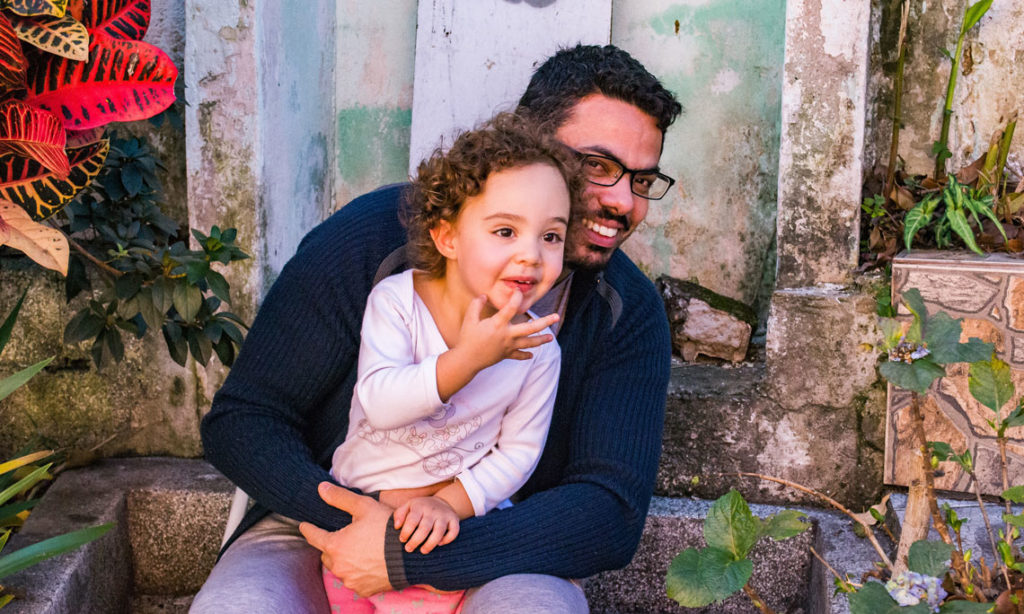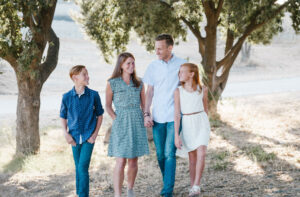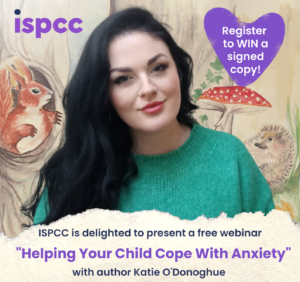
A diagnosis of ASD in the family can be an upsetting time but there are a lot of ways you can help yourself and your child face this challenging time together.
Autism spectrum disorder (ASD) refers to a developmental disability that involves communication, social interaction and behavioural difficulties.
The terminology has recently changed, so ASD now includes the previous diagnoses of Autistic Disorder and Asperger’s Disorder as well as Pervasive Developmental Disorder-Not Otherwise Specified (PDD-NOS).
How do I tell my child about the ASD diagnosis?
- There is no single right way to give your child or teen this information, but it is important to talk to them about the diagnosis.
- As some children or teens with ASD get older, they may become aware that they are different from their peers. Recognizing these differences and understanding their diagnosis may help them to understand why they have difficulties in some areas but have strengths in others.
- Most important, when you talk to your child or teen about the diagnosis, remember to present the information at the appropriate developmental level, so that it is understood, and provide the opportunity for them to ask questions.
- Books written for parents, children and teens about this topic which may be helpful.
What can I expect for the future?
- Even with a new diagnosis of ASD, you may already have questions about your child or teen’s future. How will they get on at school? Will they be able to go to college, hold a job, or have a family?
- These questions are normal but can be anxiety-provoking because there are no ready answers.
- If possible, try not to look too far ahead right now. Instead, focus on meeting your child or teen’s current needs and finding joy in your family’s interactions.
- It is encouraging that we live in a time when energy and resources are being devoted to better understanding and treating ASD.
What else should I do?
- Parenting is often challenging and we usually do not receive adequate preparation even for raising a child or teen that has typical development.
- When you have a child or teen with a developmental disability like ASD, parenting becomes even more complicated. Assembling a group of people you can trust and rely upon is very important.
- If possible, you may want to develop a longstanding relationship with a professional (e.g. medical doctor, psychologist, social worker, and therapist) who can monitor your child or teen’s development over time and answer your questions as they arise.
- Self-care is important as you will be better able to meet your child or teen’s needs if you take care of yourself.
- Find parent support groups. Spend enjoyable time with your other child, teen and/or family members.
- If you are feeling so sad or overwhelmed that you feel hopeless or paralyzed, seek help from a counsellor or therapist. Talking with other parents who have children with ASD or attending support groups can be invaluable.
Helpful books for parents of teens and children with ASD
- Can I tell you about Autism? – A Guide for Friends, Family and Professionals by Jude Welton (Child and Teen)
- Thinking in Pictures – Autism by Temple Grandin (Teen and/or Parent)
- My Autism Book: A Child’s Guide to their Autism Spectrum Diagnosis by Gloria Dura-Vila (Child and/or Parent)
- The Autism Discussion Page on Anxiety, Behaviour, School, and Parenting Strategies: A Toolbox for Helping Children with Autism Feel Safe, Accepted and Competent by Bill Nason (Child and/or Parent)
- Autism and Asperger Syndrome in Childhood: For Parents and Carer of the Newly Diagnosed by Luke Beardon
- Autism in Teens: Strategies, Accommodations, Parent Rights by Cindy Stinger Wismer
- Autism Playbook for Teens: Imagination-Based Mindfulness Activities to Calm Yourself, Build Independence, and Connect with Others by Irene Mchenry (Teen and/or Parent)
- Same But Different: Teen Life on the Autism Express by Holly Robinson Peete (Teen and/or Parent)
Click here to read more about ASD – Autism Spectrum Disorder


